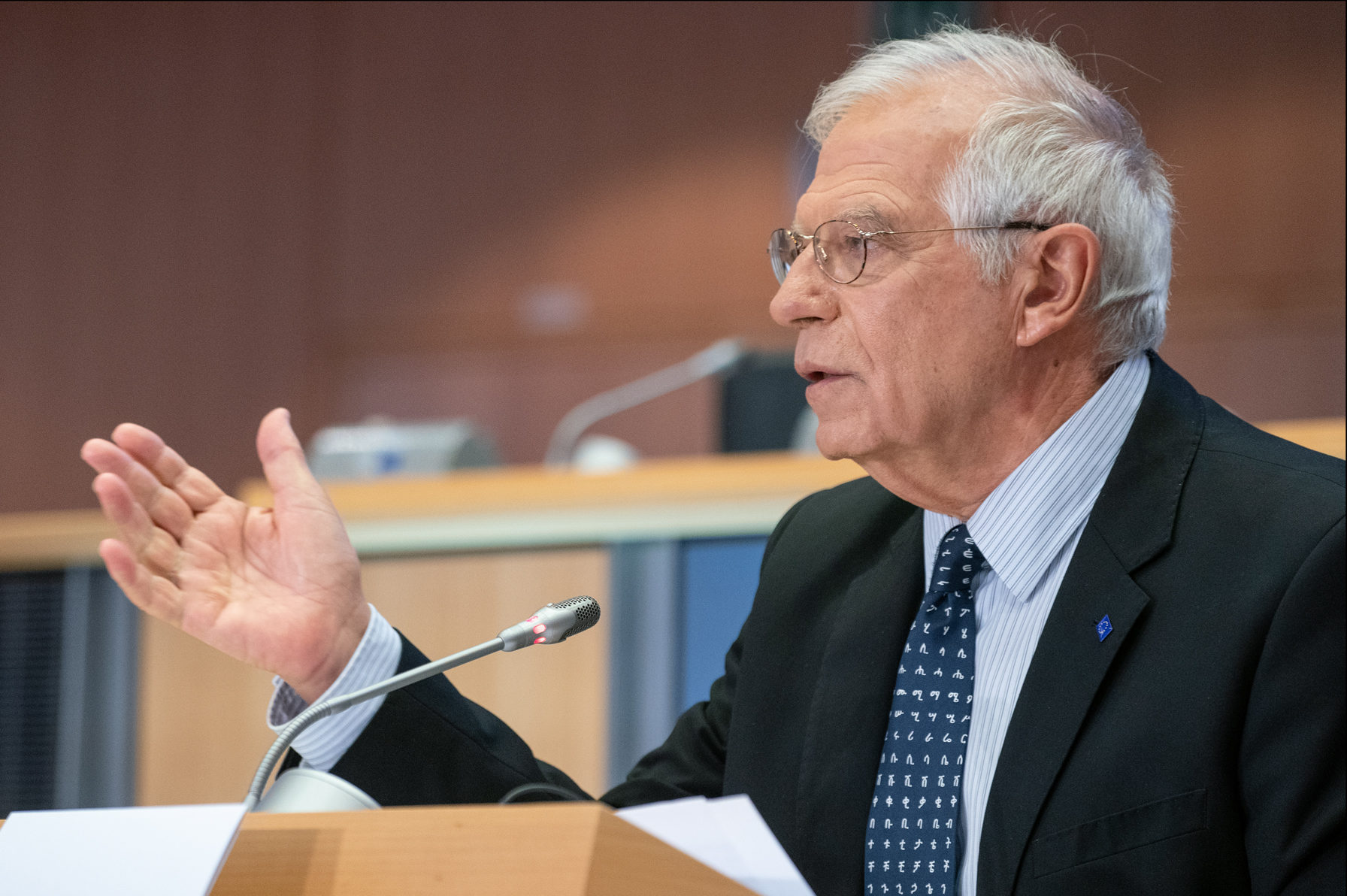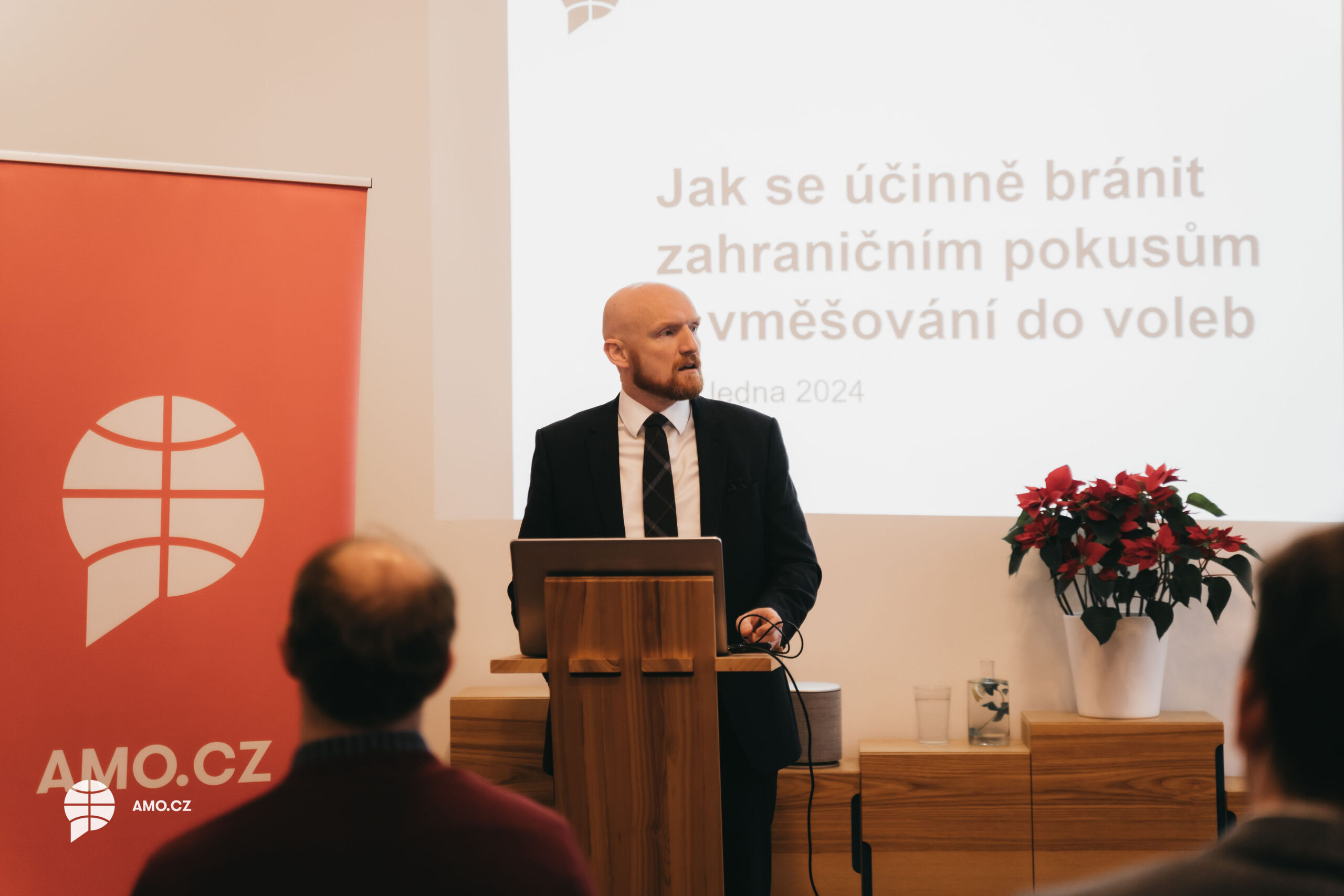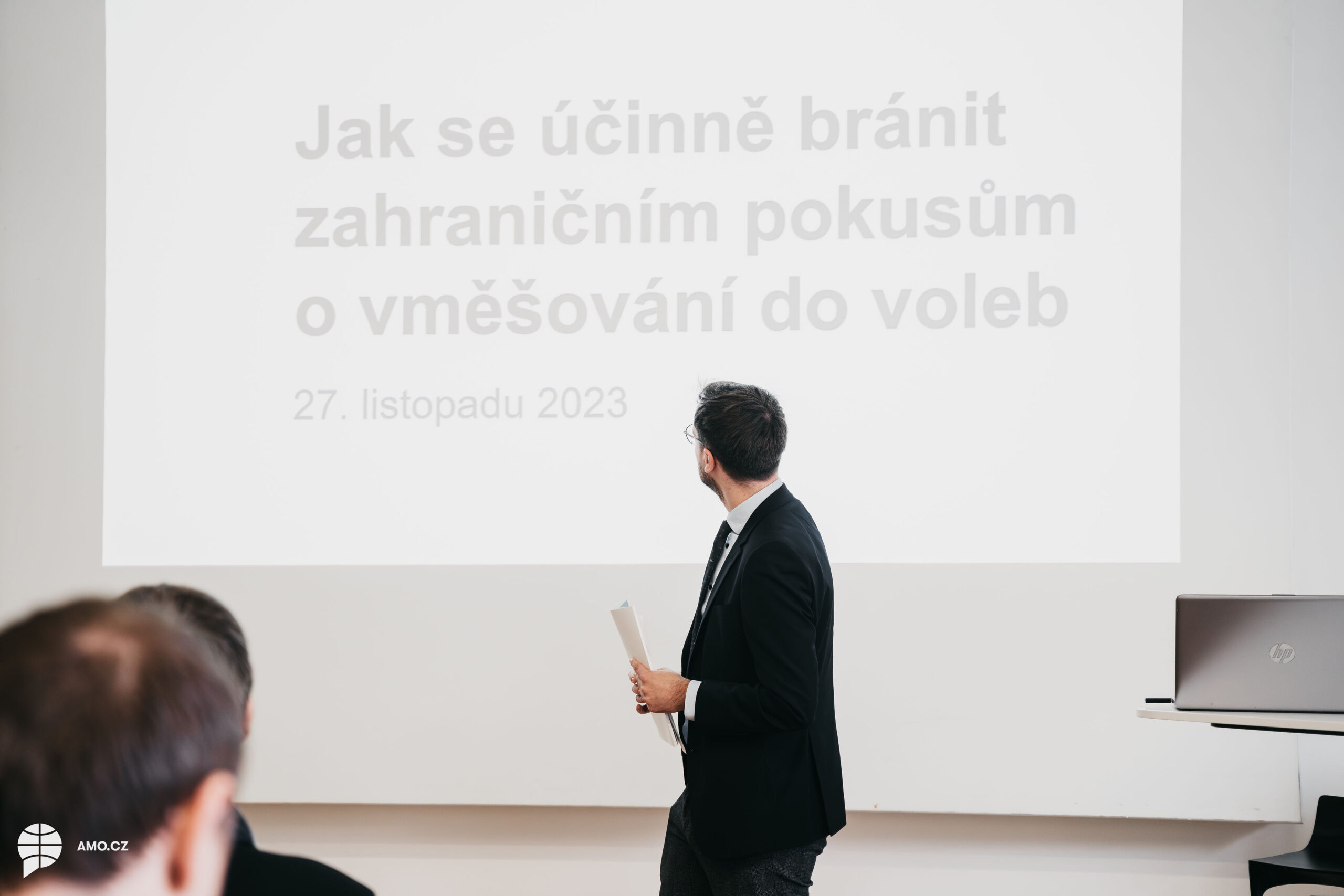On Thursday the EU’s high representative for foreign affairs and security policy Josep Borrell is going to start his two-day-long program in the Russian Federation.
And the visit has already come under fire, for example from the European Parliament, for a mix of its problematic timing, the ultimate goal of the mission, and lack of clarity or concrete agenda and meetings that will take place in Moscow. Many fear that the EU’s foreign affairs chief is going to Moscow to deliver a message demanded by some EU members (namely, to find out limits of the possible selective engagement with Vladimir Putin’s Russia), while not completely antagonising other EU states, and overstepping some red lines set in the EU’s five guiding principles.
But these are exactly the five key areas in EU-Russia cooperation since 2016 – especially the fifth rule on support to the Russian civil society and people-to-people ties – on which the Kremlin leadership is now trampling. Borrell cannot make any trade-offs among them and needs to react to this critical deterioration of democracy and human rights loudly and clearly.
Russia’s domestic repression
Over the last couple of months, Russia has seen some of its worst repression and pressure on civil society, independent media and opposition in a long while. Most notably, during the past two weeks the Russian authorities have abused their power, enforced new legislation and detained an unprecedented 10,000 peaceful protesters that went out to streets to protest against the detention of Alexei Navalny. Not to mention immense corruption and decreasing living standards.= Stemming from the multiple amendments to the Russian constitution, passed under dubious conditions and with hard-to-believe figures in July 2020, the recent legislative offensive stepped up pressure on independent and pro-democracy actors.
From tightening the foreign agent law and control over their activities and making legal public meetings more difficult to organise, to pursuing isolation and withdrawal from international norms and values and international institutions, including the Council of Europe or OSCE, the new laws mean a game-changer for the operation of civil society in Russia. The legislation targeted at the critical mass of Russian civil society is supposed to divide the sector and – critically – limit its manoeuvring space before the September parliamentary vote.
Even more fundamentally for the West, Russia is now squeezing practically all means of free exchange of ideas, people-to-people ties and cooperation, which might now be blacklisted and fall prey to the new regime. This is not only the case for Russia’s domestic actors, but also international organisations with local branches, including German political foundations and the like. Implications are severe for platforms bringing together actors from inside and outside of Russia and other international organisations. The rules of the game are changing just now in front of our eyes.
How the EU should react
Against this stark background, the visit of Borrell and any efforts to test the ground for selective engagement seems ill-placed and timed. But the trip might at least have some value if approached wisely and turned into a clear manifestation of the EU’s position. What it requires is an unquestionable commitment and strong language on support for independent civil society, media and academia, but also physical meetings with their representatives – and not government-controlled loyalists.
There are several ways and concrete examples of how this can be done to have a strong and symbolic impact on future EU-Russia relations. One of the ways to do so is to visit the Sakharov Centre, named after the Soviet scientist and dissident Andrei Sakharov.
In 2021, we are celebrating his 100th birthday, and to pay a visit to the place commemorating his life and legacy but also offering a rare space for free discussions in modern Russia would be not just a simple gesture. The Sakharov Centre is also a perfect place to meet real civil society actors and human rights defenders, at whom the new legislative restrictions are targeted. That choice would be more logical than meeting officials from the Russian Public Chamber or the Presidential Council for Civil Society and Human Rights, whose head Valeri Fadeev questioned the peacefulness of all 5,414 people detained during the protests over the last weekend.
Borrell should also speak clearly about red lines for this future engagement. Any future prison sentence for Navalny or continuation of repression and criminalisation of peaceful protestors should indicate a limit to such a ‘warm-up’. Many also suggested meeting Navalny in his prison – where he does not belong, according to both the European statements and positions of EU leaders that Borrell represents.
The EU’s high representative could also ask his Russian counterpart, Sergei Lavrov, about the major corruption scheme revealed by Navalny’s team, and the palace in Gelendzhik.The palace affair sparked major interest in Russian society, with more than 100 million views already of the nearly two-hour-long investigation. And the given explanation is far from being exhaustive.
Delivering the main message
There are different means, but the ultimate goal and message should be one and the same. There cannot be any progress in one of the five areas over the others. If the Kremlin chooses to cut ties and limit cooperation with Europeans, no improvements can be done elsewhere, even in climate, pandemic or the global security agenda, all of which might potentially be of mutual interest. More for more and less for less, as the EU likes to say with regards to its neighbouring Eastern Partnership.
The EU should follow an example of the US and its new administration of Joe Biden – which on the one hand agreed with Russia to extend the new START arms treaty by five years, but on the other remained consistent and vocal about democracy and human rights violations, as well as Ukraine and Russia’s aggressive behaviour in the world. This policy discussion is, indeed, here to stay in the coming weeks and months, when the European Council is going to debate Russia policy and possibly to make some strategic choices in its future positioning on Putin’s Russia.
As in the past, Russia will have to choose if it really wants to engage and cooperate or continue its isolation and aggression at home and abroad. And if the visit is not to pass in vain, it needs to serve another purpose than merely shaking hands with the regime and returning to business-as-usual (as Russia would like.)The EU will be praised and recognised when standing up for its values and fundamental principles, on which it is based and which it tries to promote abroad. Only in this way, will the EU be considered an actor, rather than a servile and needy visitor.
Borrell, you have this in your hands, please do make the right choices.
Image source: Wikimedia Commons


